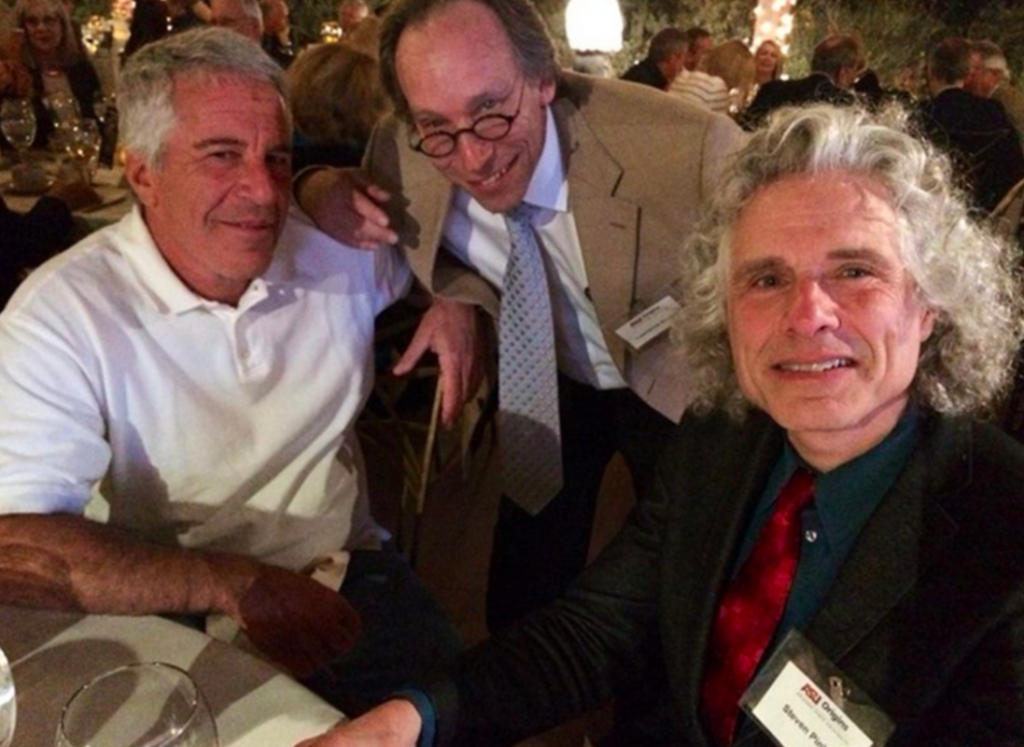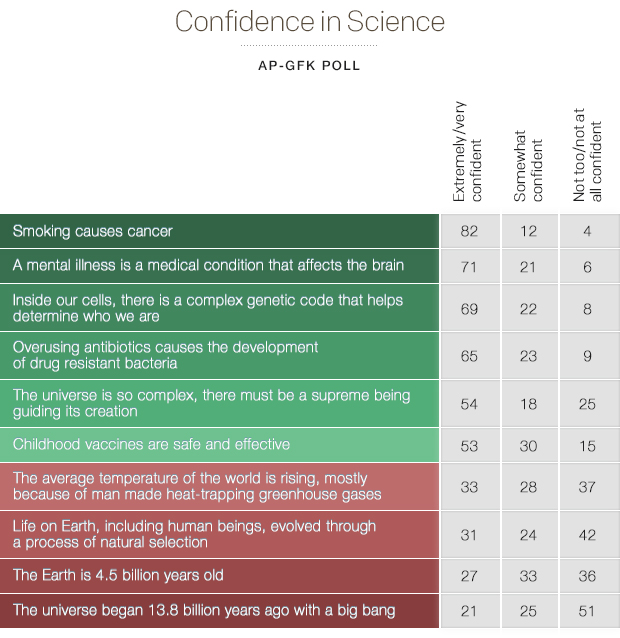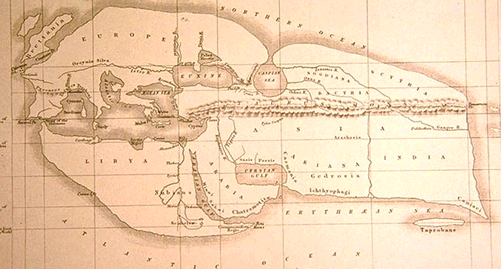It is with great regret that I have had to abandon some of my Christian friends. I have been a believer for most of my life, and have striven to make my faith in Christ and God central to my living even as many forces in our environment and in my own self have plotted and schemed against that. One tool I have found compellingly necessary is learning to decide what is reality and what is not. I call it discernment, but you may call it something else. All it implies is that when I have to make a choice between two seemingly equal propositions, the one that adheres to the real world is the one I choose. I choose it even though my softer self often struggles to follow along. Weakness both mentally and physically constantly pressure against the facts to force ignorance and non-compliance. Habits, both good and bad distract me from following what I know to be true. I am thoroughly embedded in the world I seek to clarify, that I may see the real world, myself, and others in it.
What that means in most of my experience is very little. Even the most tainted and broken minds can drive between the lines painted on the street. I can get along with most people on the road because my interactions with them are based simply on physics and the real world which we are all viscerally attached to. If I’m going too fast, I feel it in my guts even as my neighbors do. If I took that turn too fast, I slow down the next time. Experience and practice are usually enough to make my way on the road. But when it comes to finer judgments, like whether the world is flat or not, or whether some ancient cosmology is true or not, there is more mental work that needs to be done.
Many of my old friends are not capable of the flexibility to choose which belief is of greatest value, which belief must be true, which belief must be adhered to. In the case of a cosmology, the factors that help make a decision are at a much higher level of abstraction than some people are capable of. Some people don’t have the resources (I’m being generous here) to evaluate the propositions laid out before them. And when it comes to independent thinking, they struggle to be responsible about abandoning beliefs and values that have long ago become moribund. On some account this is a struggle between loyalty and reality.
Reality is harsh and unforgiving, incapable of sympathy, requiring nothing so soft as belief but impinging on beliefs where they are incorrect, breaking values where they are mistaken, slicing through loyalties when they are misplaced. Loyalties, on the other hand, offer a comforting solidarity, a connection with like-minded persons, surcease in the face of a turbulent society. But there is no guarantee the views held in solidarity are true or real. And at threat, tests for truth and reality are shunned in a worldview that depends on solidarity.
Though the tests for truth and reality are not entirely friendly to my continuity and comfort, I am not ready to abandon them. I am assured that when the test and the resolution to my queries are fully undertaken, I will be vindicated, even though I may also be exhausted. The project of changing oneself is full of effort and sometimes incomplete. Like gravity, habit seeks to keep us on the same path we have always taken, but habit cares nothing for truth or reality. Making good habits, at best, means that we can escape the worst effects of our ignorance and carelessness.
So, why have I abandoned my friends? Why have I cut ties with people I was perfectly happy to associate with before. From within the turmoil I call my brain, I have to say that retaining truth is more important to me than retaining friends. I am happier to leave friends than I am to leave the truths they would denigrate by association. Their dismissal of the importance of facts means that they neither care for me as I am or the truths that make up my best self. Their adoption of “alternative facts” is a miserable ploy to undermine the very reality on which I live, on which I depend. I even wonder whether their inability to live in the real world extends to their faith in the very real God I hold to. I can little countenance that disruption to my faith.
Could these people for whom reality is a nuisance countenance the living God whom I worship? I’m not sure. I am glad I am not the one who will judge people in the final day. I hope always that their inability to discern their environment and their mistaken loyalties as such, will not exclude them in the final judgment from the very salvation they assure themselves about. I am in no position to judge them, but when I judge my capacity to live with the mental distortions they advance I have to leave their company. It is weakness, not strength that makes this decision for me. I just can’t live with them. I can’t pretend they are on my side. I can’t whitewash their foibles because I can’t see any innocence in them even as I can’t see innocence in myself. I see what they have done and are doing as a purposive and momentous decision, not entirely the result of an accident of birth, position, or habitual trajectory. I give up my friends because I can’t merge with their solidarities, their loyalties, their unfounded beliefs, even though they may in appearance look like mine.
That is not to say that I have not gained a wide variety of new acquaintances and friends with whom I am in solidarity with, but the scientific proposal in this cabal, that every thesis is testable, and new evidence should adjust old beliefs is alive and well. This is fresh air, not constrained by old ignorance, religious or not. Also, the effort, tempting though it might be for some, to toss out the old signposts (true by their endurance in humanity like the Golden Rule) is without interest. My people now wish for and hope for the endurance of all true value, the values of Jesus, and Socrates alike, Aristotle and Heraclitus, St. John and Voltaire*, St Paul and Francis Collins. (*Lois made a fair criticism, that Voltaire wrote anti-Semitic things, and so he should not be included. I am not here justifying all of the things my small sample of actors have said or done, but the breadth of possibly useful information and argument these actors have made. To refine my examples to faultless persons would only allow Jesus. Antisemitism, whether in Henry Ford, Luther, or Voltaire is a breach of truth and good value on par with the worst behavior of humans whether their disvalue is in service to capitalism, Christianity, or freethinking.)
This calls into question the value of the Bible. Let me state without much elaboration what the Bible is to me to avoid endless wranglings and disputes. It is not the direct dictated words of God. We do not have the original texts, so let’s not be so obtuse as to say that it’s infallible. It is not a scientific text. It is data on the reports of interaction of ancient people with God and other people. My argument is not with the Bible, but with the skewed and mistaken interpretations of it that neither square with the Bible itself (in literalism) or the real world as exposed by science. Nobody believes precisely what has been written. We all believe an interpretation of what was written. So I argue for a broader base of interpretation of the data than merely the text itself. Every science should have its say. Every theology should have its say. Every political theory should have its say. And when everybody has had their say, evaluate to discover the ones that must or might be true. Continue the query, even when it is unlikely that we should come to the end of it. Reject out of hand those views that contradict what we already know (the earth is ancient, not flat, not the center of the universe, etc). There is not a minute to waste on failed theories or interpretations. Those opinions are of no value in forwarding knowledge or the truth because they rely on ideas that have long been abandoned because they are false.
I am asking not for a new dogma but a new human and humane rationality to guide our interpretation of any and all the texts we have produced. I am sorry if some people miss me as a companion, I can’t survive their worldview, either what it implies or the travesty they wish to impose on the rest of us.




